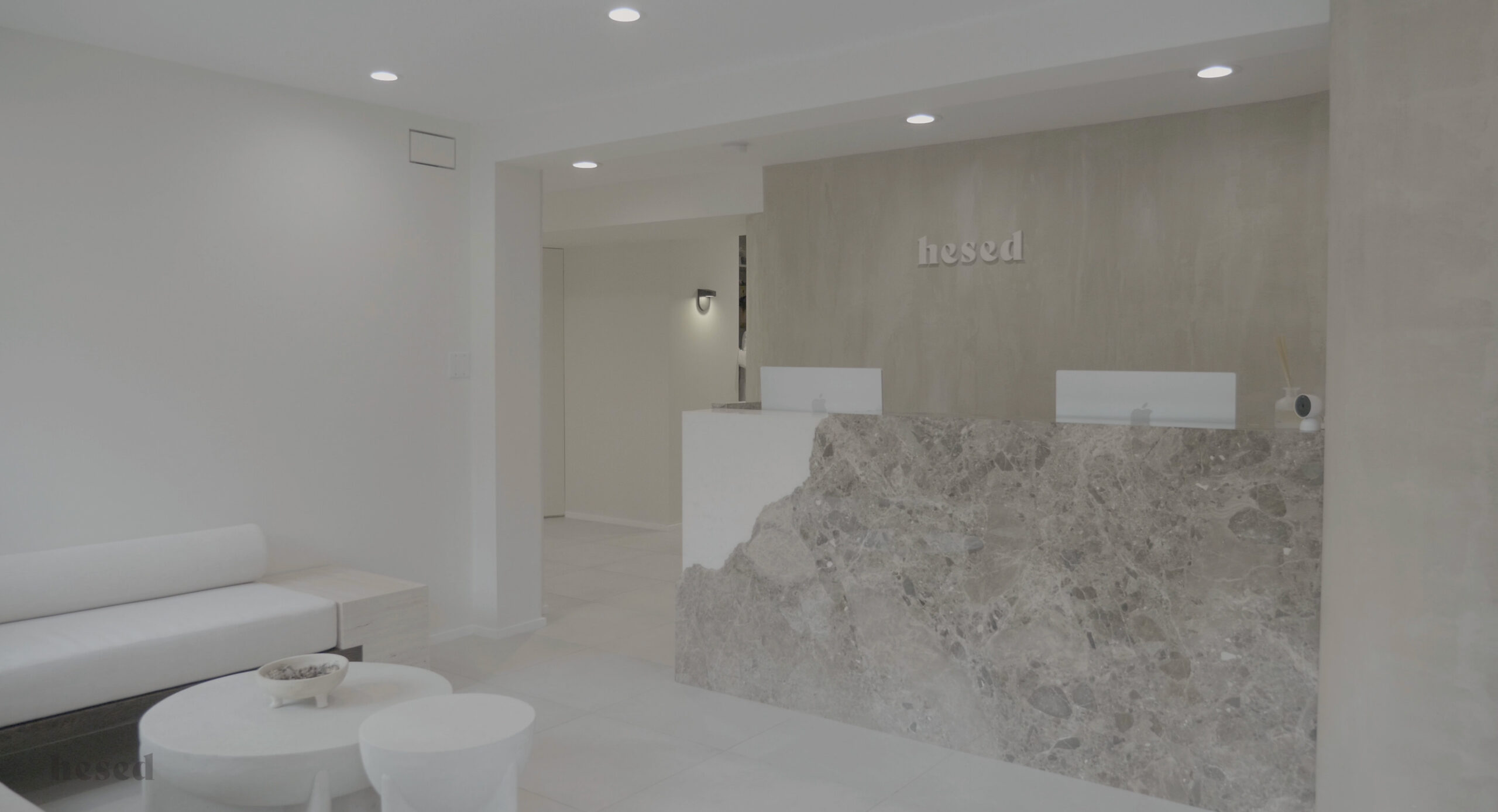The quality of your teeth adds to the beauty of your smile. At times, completely healthy yet crooked or slanted teeth affect facial aesthetics. You might wonder what these are and how to treat them effectively. Let’s go through the following article to understand canted teeth and canted smiles thoroughly.

Canted teeth are commonly known as slanted teeth. Imagine a line passing through the center of your face, nose, lips, and gums and dividing them. Ideally, this line also passes through the center of the teeth. However, sometimes, it does not pass through the center because the teeth are tilted. When it does not pass through its center, a cant is observed.
Overall, canted teeth are primarily healthy. Sometimes, if primary(temporary teeth in children) teeth are canted, they might prevent their permanent successors from erupting. In that situation, they are either extracted or relocated. Just like normal teeth, canted teeth are also prone to caries or other dental issues if oral hygiene is not maintained properly.
The smile of a person having canted teeth is called a canted smile. You may have a canted smile even with normal teeth provided that your lips are not aligned with the imaginary midline passing through the face.
You can check whether you have a canted smile or not with a simple hack at home. Take an ice cream stick or a tongue depressor. The next step is to bite down on the stick. Now, observe for yourself and ask your friend to observe as well. If your teeth are slanted or canted as compared to the stick, then you may have a canted smile.
Despite this test, it is best to visit a dentist for a proper diagnosis.
Canted teeth are caused by multiple reasons. Canted teeth affect the appearance of lips, too, consequently affecting the smile. The causes of canted teeth are described below:
Malocclusions refer to any changes in the normal position of each tooth. These include:
When the patient bites, the upper teeth adjust on the backside of the lower teeth.
The upper teeth overlap the lower teeth upon biting. The lower teeth are rarely visible.
The upper teeth overlap with the lower teeth, but the lower teeth protrude out. This is comparatively less common than crossbite and overbite.
The patient’s teeth are tilted, rotated, or slanted. This can be a result of a narrow jaw, which has little space to accommodate all the teeth in the correct alignment.
It is not necessary for the malocclusions to be a result of only misalignment of teeth. An uneven jaw can also be a cause of canted teeth. The upper or lower jaws can either be bigger or smaller than the ideal size, causing the midline to deviate.
Asymmetrical lips can also be a cause of a canted smile. Your lips may appear to be pulled higher than normal. The muscles of facial expressions are usually responsible for this condition. These are the muscles that help you smile. So a change in their pull may alter the symmetry of your lips and cause a canted smile.
Many children, young, and adults have a habit of teeth grinding (bruxism). Bruxism leads to the wearing of teeth, and their original orientation and alignment may be disturbed. Moreover, some patients grind their teeth consciously (for example, when angry), and some do it subconsciously (for example, while sleeping).
An accident, fall, or trauma during childhood or adulthood can misalign previously perfectly normal and aesthetic teeth. In addition to that, you might have received a blow to your jaws or teeth. This can also deviate the midline and result in a canted smile and teeth.
A gummy smile refers to a smile in which there is an excessive display of gums. Many patients find it unaesthetic and want correction. While, some others accept it as it is.
The dentist suggests treatment for canted teeth depending upon their cause. If the canted teeth are affected by caries or any other dental condition, first, that is treated. Once that is done, the esthetic concerns of the patients should be catered to.
Dentists generally opt for orthodontic treatment when the cause of canted teeth is malocclusion.
Braces refer to the metallic wire and brackets that are placed on the teeth to be moved. Minute forces are applied to these teeth for a longer period. However, you must visit the dentist in timely appointments so that the braces can be readjusted according to progress. If you do not visit, prolonged force on your teeth can have an unpleasant result.
Clear aligners or Invisalign is one of the ideal options for mild malocclusion like crowding or tilted teeth. Invisalign can be removed when not in use. Hygiene maintenance of invisalign is essential to keep dental health issues at bay. These usually have to be replaced after a few weeks, unlike the metallic braces which can be worn for a longer period.
When the cant is due to skeletal (bony) issues and not just the teeth, then dentists opt for surgery. Surgery is usually preferred for older patients. In young patients, orthodontic appliances can help in the correction of the issue.
Veneers are the best and most convenient solution for canted teeth. They mask the flaws and restore the midline to its ideal position.
You can opt for cosmetic bonding if the cant is due to chipped teeth or short length of teeth. The natural tooth surface is abraded and prepared to receive resin to restore the tooth’s ideal shape.

To sum it up, canted teeth are generally an aesthetic concern of the patient. There are multiple ways in which you can get them corrected. However, if they do not interfere with oral functions, patients often choose to accept canted teeth. If the cant is affecting dental health, you must go for a treatment.
If you are looking for the best dentist to help you with canted teeth, book your appointment today at Hesed Dental for a personalized consultation and treatment plan!

Hesed Dental 543 Gorge Road Cliffside Park, NJ 07010
201 941 8877